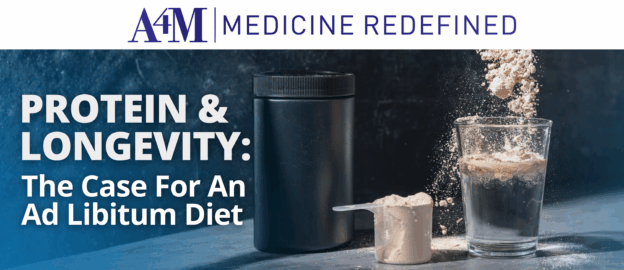The longevity field has reached an inflection point: practitioners can extend lifespan, but the real clinical challenge lies in preserving the function and capacity that make those years worth living. Cognitive decline, muscle loss, and metabolic dysfunction are just a few of the conditions widening the gap between lifespan and healthspan as patients age without sustainable physiologic resilience.
Against this backdrop, LongevityFest 2025 unfolded December 12-14 at the Venetian Expo and Convention Center in Las Vegas. Over three intensive days, more than 9,000 healthcare practitioners engaged with 170+ leading experts across 220+ specialized sessions. This year’s record-setting gathering created a vital nexus for exploring the interventions that preserve brainspan, build metabolic resilience, and protect the physiologic systems that determine how patients age.
The following insights represent a fraction of what attendees learned and are implementing in 2026, including the frameworks, tools, and intervention strategies emerging from the world’s largest longevity medicine event that translate directly to patient care and practice success, putting them way ahead of the curve.



